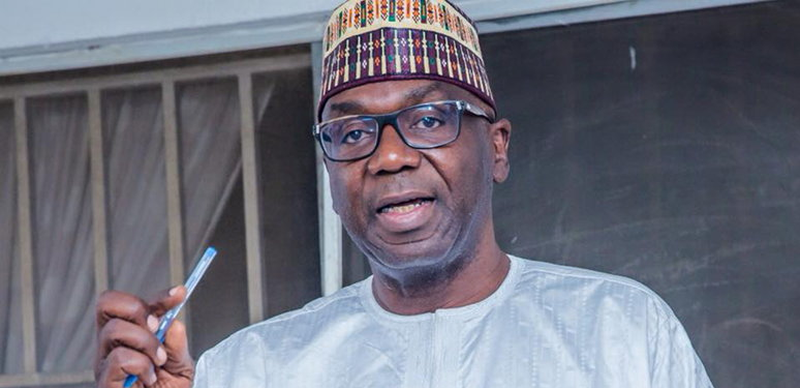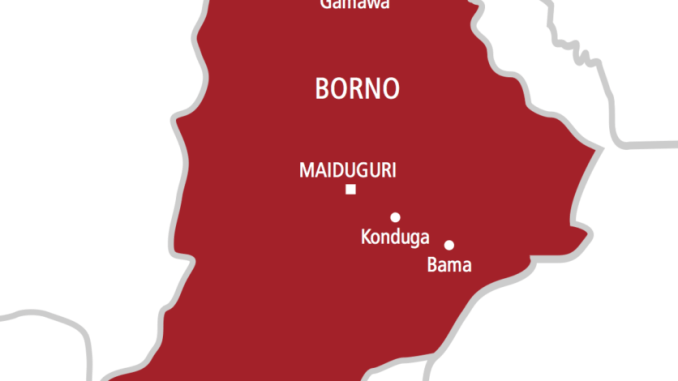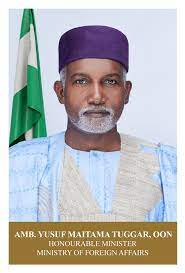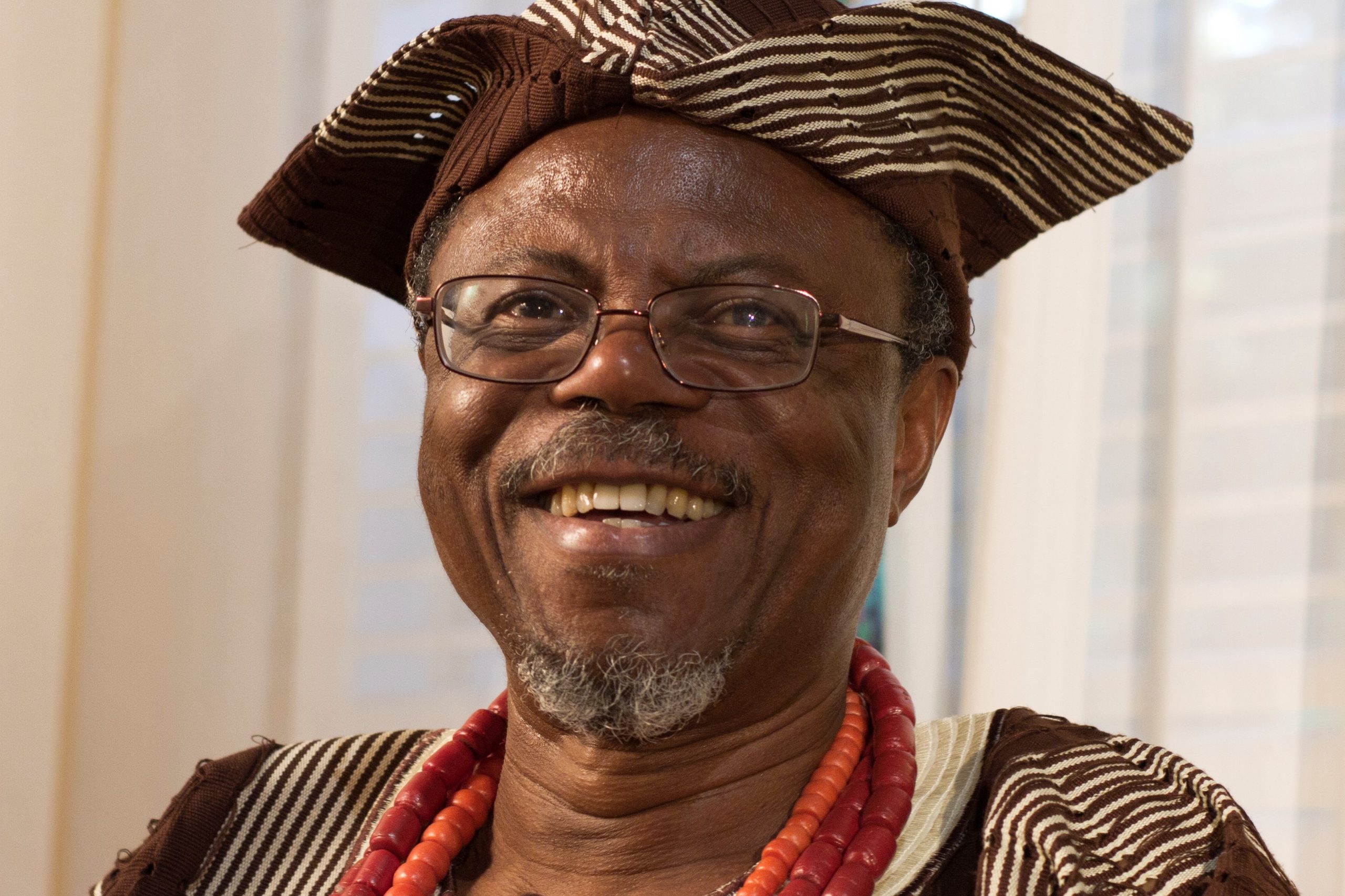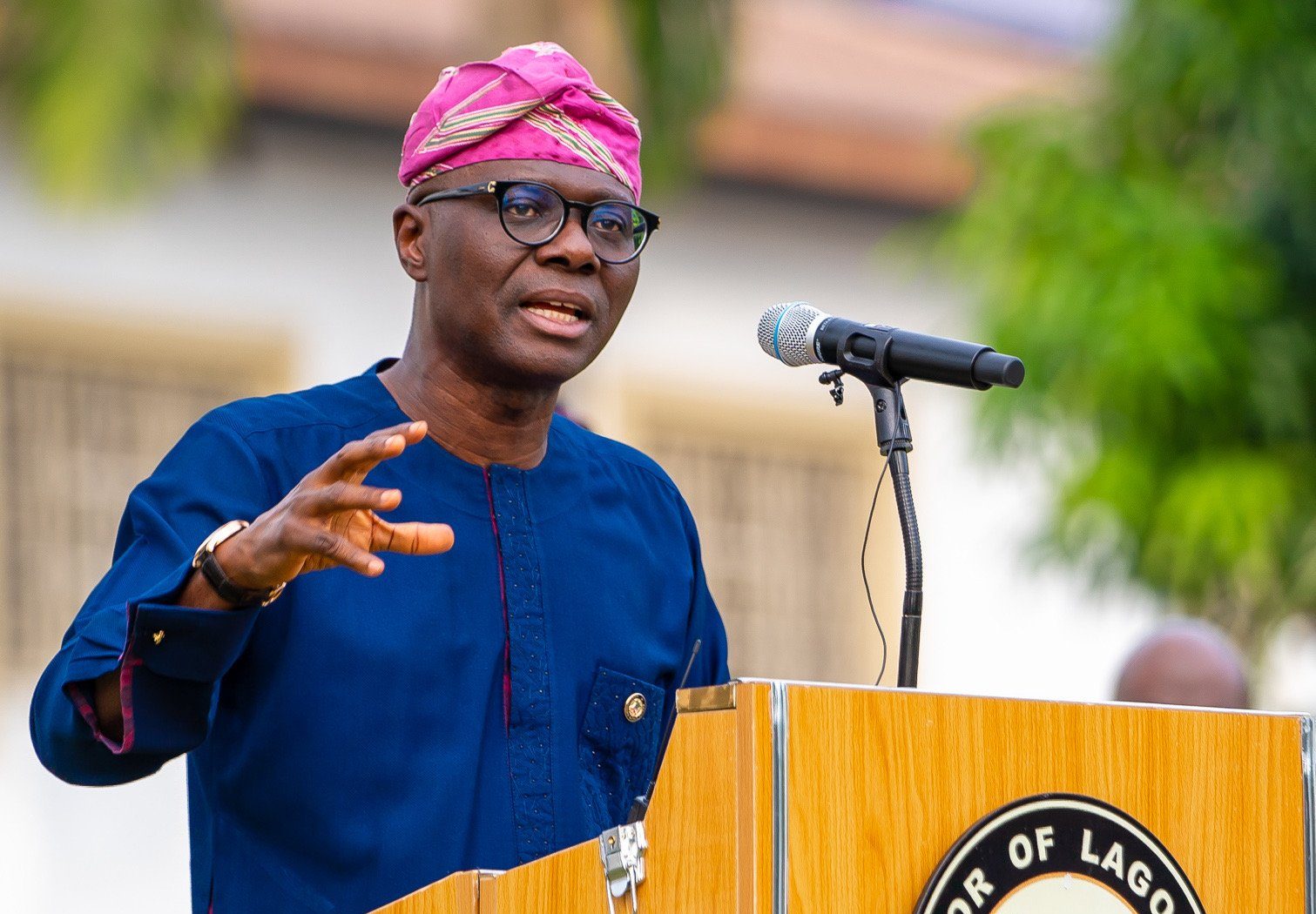Technology
Democracy And Development in Africa
By Toyin Falola
It is a pleasure to be part of this epochal event honoring our leader and elder, Comrade Hassan Sunmonu, a distinguished alumnus of Yaba College of Technology, our host. I am pleased to know that this is a maiden lecture in the founding of the Hassan Sunmonu Centre for Leadership and Governance. The topic of the conversation is what Comrade Sunmonu spent the greater part of his life pursuing. Democracy is his dream; development is his goal; empowerment is his vision; progress is his mission.
In Africa’s political and intellectual history, democracy remains one of the most debated topics. Democracy is often imagined as the universal solution to human political woes, the key to prosperity, justice, and freedom. However, from the African perspective, democracy must be interrogated not only in terms of its meaning but also in how it is lived, experienced, and contested in African societies through memories of colonialism and post-colonialism, and the enduring vibrancy of indigenous governance systems. Democracy should not just be understood as a static colonial gift. Instead, it must be reimagined and restructured within cultural realities, historical legacies, and the developmental needs of Africa, as I have stated in my Culture, democracy, and development in Africa.
Democracy is classically defined as government of the people, by the people, and for the people. Its foundation rests upon assumptions about citizenship, representation, and institutions. These assumptions were cultivated for centuries in Europe and North America through social contracts, revolutions, and civic negotiations. Democracy in Africa, however, was an exit strategy imposed on African society by colonial administrators and codified in constitutions that exemplified foreign models rather than indigenous traditions. The result is an evident disconnect between elections and constitutions, without cultural grounding to make them relatable to Africans’ lived experiences. As I have stated in Understanding Modern Nigeria, thedemocratic process is often shaped by ethnicity, religion, and regionalism, which reveal its frailties and contradictions.
Democracy in Africa can be better understood by revisiting the scars of colonialism. The colonial administration established societies to secure the extraction of mineral and human resources rather than to promote widespread participation. African societies were balkanized without regard for cultural ties, and diverse cultures were welded into single political units where some groups were made to dominate others. This foundation created persistent inequalities in emerging African societies. The colonial administrations left Africa with states of domination rather than one of negotiation. As I have stated in Colonialism and Violence in Nigeria, the centralization of power and the reliance on coercion as features of these states nurtured their authoritarian motives even within their democratic frameworks. Therefore, upon independence, several African societies remained essentially colonial even after implementing democratic constitutions.
The inheritance of these societies and the caricature of democracy can be offered as explanations for why Africa experiences cycles of failed democratic experiments. The second Nigerian republic of 1979 – 1984 stands as an example of the promises and tragedies of democracy. In The Rise and Fall of Nigeria’s Second Republic, we documented how ethnic tensions, corruption, and weak institutions quickly depleted the joys of constitutional rule after years of military rule. From this point, elections in Africa became spaces for manipulation rather than representation, and political parties were unable to operate beyond the constraints of ethno-regional loyalties. The military presented itself as a savior to these societies and constantly returned to power, thus continually suspending democratic experiments. This cycle of civilian rule collapsing under the weight of its contradictions is being repeated across cultures on the continent.
Democracy, however, cannot be disregarded as foreign and unworkable. It should be understood as a contested site where Africans constantly negotiate power and identity. In Africa, democracy cannot be meaningful until cultural values and traditions are integrated into it, as I argued in Democracy and Development in Africa. The African indigenous system of governance featured a council of elders, age-grade associations, village assemblies, cults, and other participants in government. This rooted the indigenous government in consensus, accountability, and communal solidarity. Democracy in Africa, therefore, should not attempt to copy from Westminster or Washington but develop Africa’s intellectual and political heritage.
There are, however, persistent challenges like corruption that erode administrative institutions, electoral violence that corrodes legitimacy, and the monopolization of power that creates power-drunk leaders who view themselves as monarchs rather than servants of the people. I once argued that the reclamation of ownership of the political process is the determinant of democracy’s future.
Democracy cannot be forged out of elections alone; it must be accompanied by the rule of law, protection of civil rights, accountability of leaders, and the development of a political culture that values dissent and dialogue. If these features remain absent in democracy, elections will continue to produce failures and render democracy a spectacle.
Democratic renewal features protests, dissents, and civil society movements at its core, and African streets have witnessed numerous uprisings, including the Arab Spring in Tunisia and Egypt, the #EndSars in Nigeria, the #Feesmustfall in South Africa, and several others. Movements like these are clear signs of instability and expressions of democratic energy. They are channels through which the masses demand accountability and justice from their leaders. These struggles are critical corrective measures to the failures of formal institutions. They represent grassroots democracy, fueled by the conviction that the people must be the guardians of their freedom when the government fails.
Global contexts also complicate democracy in Africa. International financial institutions from the 1980s and 1990s have imposed neoliberal economic reforms that destabilized African states, eroded public services, and entrenched inequality. Democracy in Africa often comes to the fore when African societies face economic crises, with their leaders stranded at the intersection of the demands of external creditors and the needs of their citizens. The dual pressure undermines the state’s legitimacy and weakens democratic consolidation. Another problem is that global democratic discussions are often imbued with paternalistic undertones, thereby relegating Africa to the position of a student of Western governance rather than a co-creator of democratic ideologies.
Even with these obstacles, Africa continues to aspire to democracy, and its people continue to vote, protest, and engage in civic activism. These activities are carried out in the belief of the promise of freedom and representation. Democracy, therefore, should not be judged by the number of elections or the length of constitutions, but by a society’s ability to empower its citizens, build inclusive communities, and transform the structures of inequality. In this context, democracy is connected to development because, without economic empowerment, it becomes hollow. One of the central pillars of democracy is the development of problems such as unemployment, poverty, and marginalization, which often erode democratic practices and make citizens vulnerable to manipulation and patronage.
Democracy in Africa is a contradictory topic. It demands continuous vigilance and creativity, and its survival is reliant on its acceptance of ethnicity, religion, and cultural pluralism. Rather than making these features permanent obstacles, they should be harnessed as tools for inclusive governance through a sincere approach and vision to lay the foundation for democratic solidarity.
The future of democracy in Africa is heavily reliant on its reimagination. African leaders must see power as a trust; institutions must be strengthened to resist manipulation; and citizens must be empowered to demand accountability. To achieve this, democracy must be decolonized, and Africa’s democratic destiny must be rooted in African wisdom, struggle, and aspiration. Democracy is not a complete element; it is a constant negotiation between power and freedom, state and society, tradition and modernity. This negotiation continues in Africa, and its transformation lies in the persistence of hope.

